Best Guide: 8 Reasons About What Can Damage An Alternator?
Your car’s engine runs thanks to the power of the alternator. As the name suggests, this machine generates electricity from the rotation of your car’s engine. Due to this relationship, your car’s alternator is subject to the extreme heat that can overheat its internal components. This is why it’s important you take preventive steps against excessive heat in your car’s alternator. If left unaddressed, overheating and other damage caused by overheating in the auto will cost you much more than any repair bill you might encounter in the future. Let’s find out more about what can damage an alternator.
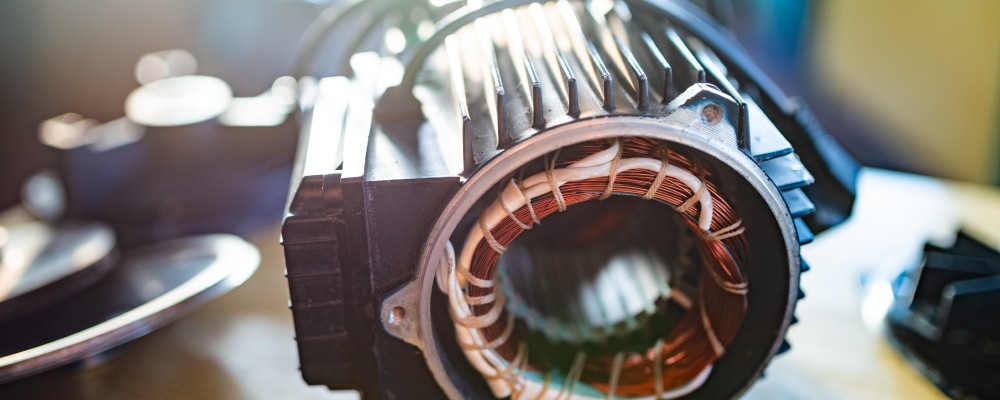
What Can Damage An Alternator?
In this article, we will help you educate about the things that could damage your alternator and could help you somehow save money in the long run.
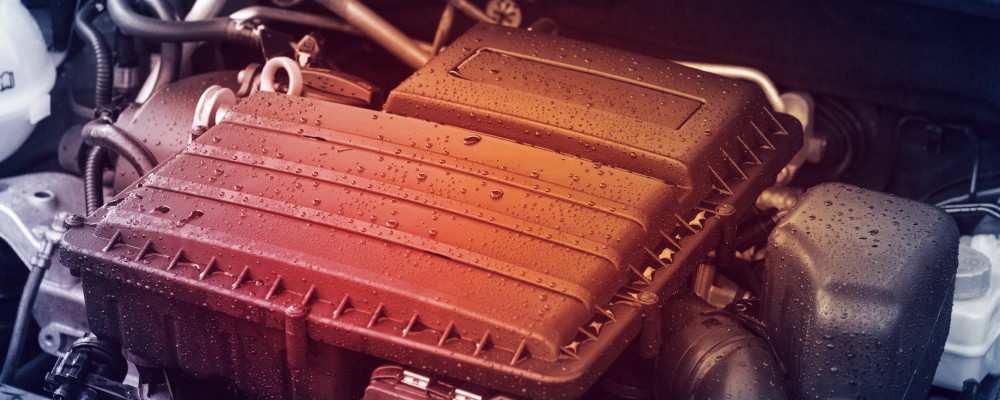
Excessive heat can damage an alternator.
Heat is the most important factor that will affect how well an alternator works and how long it lasts. Heat raises the electrical energy resistance and parts must work at their maximum to maintain the same performance.
The heat can also cause damage to mechanical and electrical components as well as lubrication systems. The alternator serves as the power source that can produce a lot of heat when it is busy, and also absorb heat from the engine.
Most alternators’ efficiency is about 10% when it warms up. An alternator that works hard puts excessive strain on the drive belt and engine. Bearing lifecycles will also be shorter.
This strain can cause belts and bearings to normal wear over time, especially in hot weather conditions. To ensure that your battery power is fully charged, it’s a good idea for you to conduct a voltage test of it on a regular basis.
If it isn’t, the regulator won’t shut off and the alternator continues to charge while the engine is running.
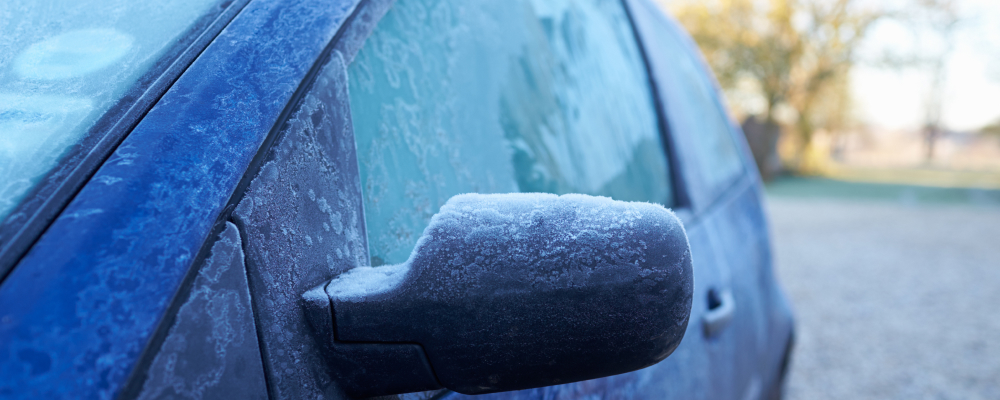
Extreme cold can damage an alternator.
When an alternator is subjected to extreme cold, the battery may not be able to provide enough power to start the engine. The cold can also damage the alternator’s bearings, making it difficult for the alternator to spin. If the alternator does not spin, the engine will not start. Extreme heat can also damage an alternator. When an alternator gets too hot, the engine may stall. The heat can also damage the alternator’s bearings, making it difficult for the alternator to spin. If the alternator does not spin, the engine will not start. Water can damage an alternator. If water gets into an alternator, it can rust the bearings and other parts. This can make it difficult for the alternator to spin. If the alternator does not spin, the engine will not start.
Pulling too many amps from the alternator output.
Do you have an upgraded sound system in the car?
The amplifier will pull lots of amps to keep the bass pumping in the car. The vehicle’s battery voltage will take a toll and suffer. This is why many car manufacturers void car warranties when car owners alter the car battery system.

If you use jumper cables incorrectly, it could damage your car.
Jumper cables have two clamps, one red and one black, for battery terminals. The red clamp is positive and attaches to the positive terminal of your battery. The black clamp is negative and attaches to the negative terminal of the other car’s battery. Make sure you connect them in the right order: red to red and black to black. If you mix up the cables, it could damage your car’s electrical system. They are a great way to jump-start a dead battery, but you have to be careful not to damage your car running in the process. If you use it incorrectly, you could cause serious damage to your electrical power system. Make sure you connect the red and black clamps to the correct terminals on your battery and the other car’s electrical system and battery reversing polarity. If you’re not sure, ask a friend or call a tow truck. It’s better to be safe than sorry!
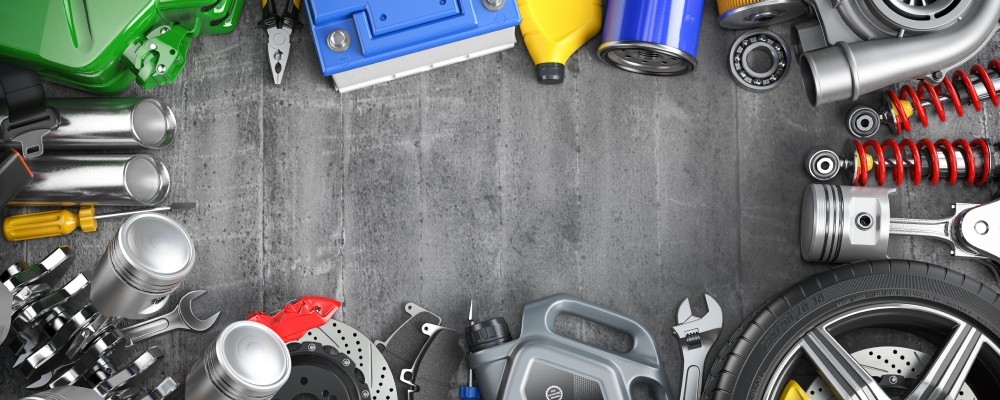
An accessory that causes the charging system to overload damages the alternator
The alternator is designed for the charging circuit and charging output of a certain amount of current to keep the battery charged and power the accessories. If an accessory, such as a winch or stereo, draws too much current output, it can damage the alternator. A loose or bad battery connection between the old alternator and the battery can also damage the alternator.
This is because the alternator relies on a good connection to the battery to function properly. If there are loose, corroded, or weak wire connections, it can cause the alternator to overheat and eventually fail. Lastly, driving for extended periods of time without the engine running can damage the alternator. This is because the alternator is designed to recharge the battery while the engine is running. If the alternator is repeatedly used without the engine running, it can overheat and eventually fail. If you suspect that your alternator has been damaged, it is important to have it checked by a professional as soon as possible. Driving with a damaged alternator can cause your vehicle to stall or even break down, and it can also lead to battery failure. By jumping vehicle and reversing the polarity of the cable jumper, a professional mechanic can diagnose the problem and make the necessary repairs.
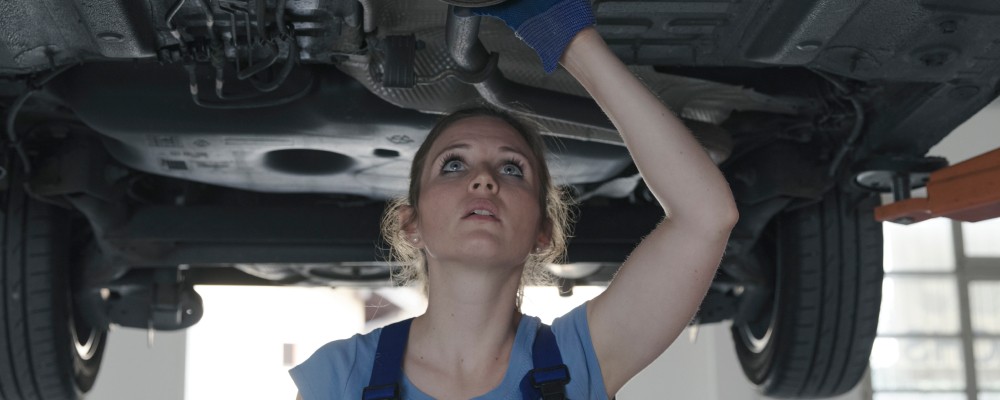
The alternator leaks.
A good alternator will have a bold long service life but can be damaged if it has a leak. This can cause the alternator to lose fluid, which can then lead to damage to the alternator itself and become a bad alternator. If you notice any leaks, it is important to have the bad alternator problem repaired as soon as possible to avoid further damage.
The alternator can also be damaged if it is not properly maintained. This means that it is important to regularly check the fluid levels output from the alternator and to make sure that the belts are in good condition. If you notice any problems, it is important to have the alternator serviced so that it can be repaired or replaced as necessary. Finally, the alternator can be damaged if it is involved in an accident. This can damage the alternator itself or the surrounding components. If you are in an accident, it is important to have the alternator checked by a qualified mechanic to make sure that it is still in good working condition.
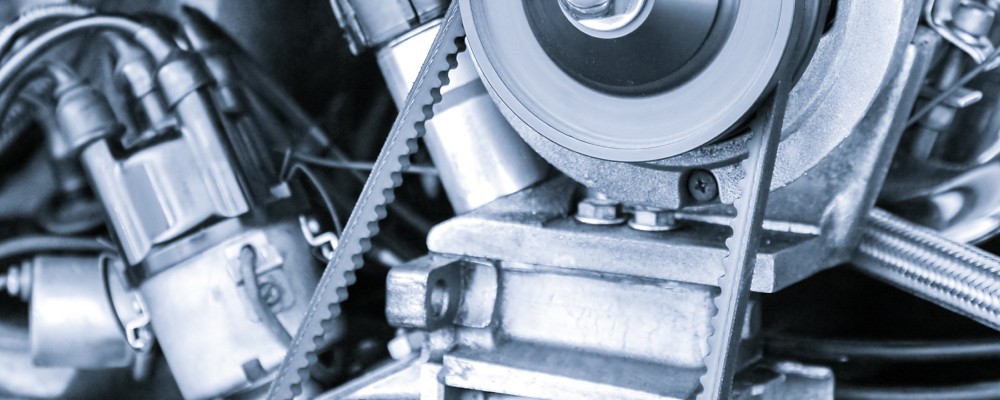
An alternator belt that is too tight can damage the shaft bearings.
Alternator belt powers other vehicle components such as the power steering pump, computer system, and air conditioner or air conditioning.
Too much tension can also cause the diode rectifier to overheat and fail.
Another potential problem is if the alternator is not getting enough air flow. This can cause it to overheat and fail. Ensure adequate ventilation is around the alternator, especially if it is mounted in a tight space.
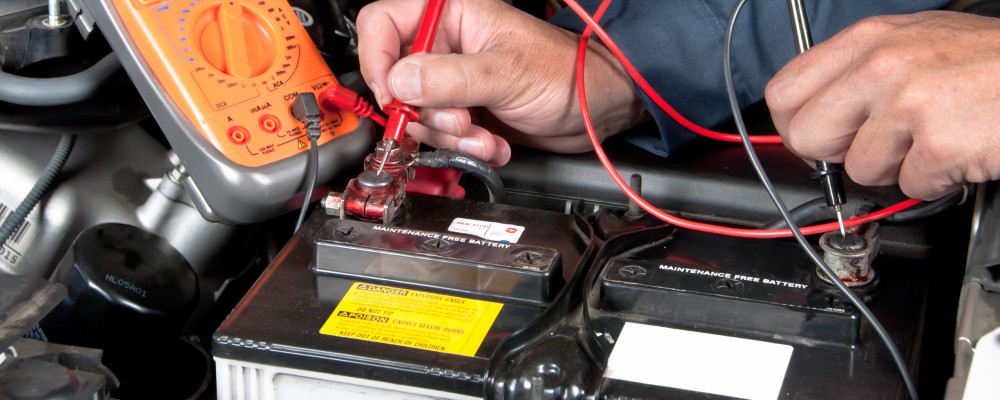
The wrong type of battery can damage the alternator
Some batteries, such as lead acid batteries, can produce corrosive fumes that will damage the alternator’s internals. Be sure to consult your owner’s manual or a qualified mechanic to find out what type of battery is best for your vehicle.
Bad battery damages alternator
A low or bad battery can damage your alternator in a few ways.
First, if the battery is old and corroded, it can cause a short circuit that will trip the alternator’s internal fuses.
Second, if the battery is overcharged, it can cause the alternator to overheat and eventually fail.
Finally, if the battery is discharged, it can cause the alternator to work harder than it should, which can shorten its lifespan.
If you suspect that you have a weak battery that is damaging your alternator, have it checked by a professional as soon as possible. Replacing a damaged alternator can be expensive, so it’s best to prevent electrical problems before it starts.
It is essential to keep the car’s electrical system in good working order. When there is a problem with any part of the system, it can cause damage to other parts as well. In this case, the weak battery shorts and causes damage to the alternator.
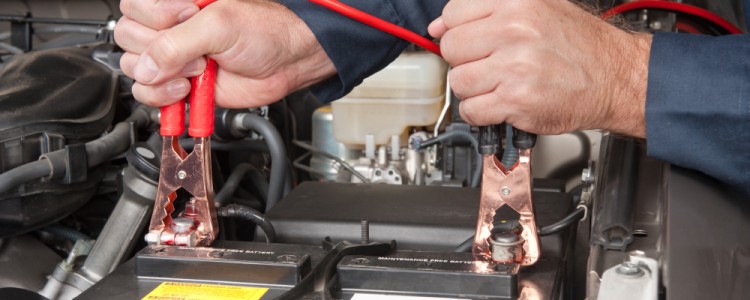
Loose terminals of the battery (open circuit) cause the alternator to fail
One more reason for alternator failure is related to the voltage regulator. This regulator controls the amount of voltage that goes to the battery. If it senses that the battery voltage drops too low, it will tell the alternator to produce more power. However, if the this regulator malfunctions, it may tell the alternator to produce too much power. A voltage spike can damage the alternator.
Another possible of what can damage an alternator is bad rectifier diodes. Diodes are used to convert alternating current (AC) into direct current output (DC). A bad diode can cause the alternator to produce too much power, which can damage it.
Finally, faulty worn bearings can also damage an alternator. It has two alternator shaft bearings: a front bearing and a rear bearing. These bearings support the alternator shaft, and if they fail, the alternator can become damaged.
Several different things can cause alternator damage. Loose battery cables and terminals, melted wire shorting, faulty voltage regulators, bad diodes, and faulty bearings are all possible causes. Alternator failure must be taken to a mechanic to have it checked out.
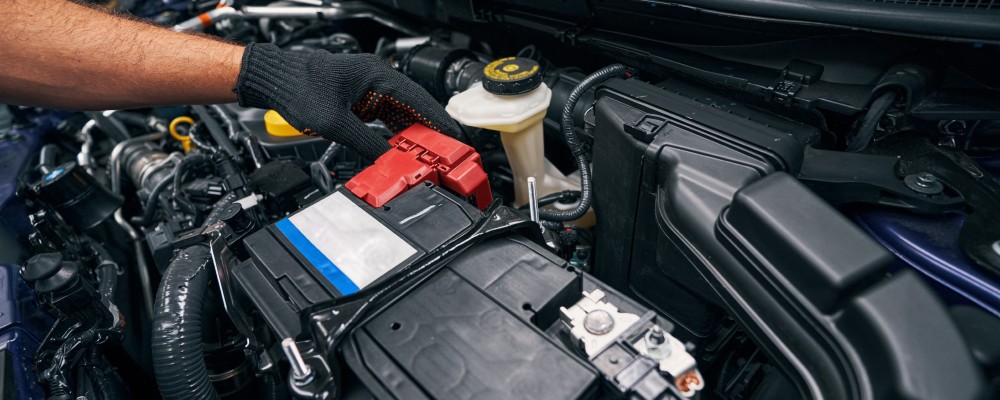
Battery ground problem fails alternator
An alternator is a vital part of a car’s electrical systems, converting the battery’s DC power to AC power to run the lights, ignition system, and other vehicle’s electrical components and accessories. The alternator is responsible for converting mechanical energy into electrical energy. Alternator failure causes several problems.
What can damage an alternator is that the battery will not charge, and the car will eventually stall. The tail lights may also flicker or dim, and the stereo may cut in and out. In some cases, an alternator failure can cause the car to overheat.
Many things can damage an alternator, including loose belts, faulty external wire connections, and excessive vibration. Loose belts can cause the alternator to slip, damaging the rotor brushes.
Faulty external wire connections can cause arcing, damaging the alternator’s windings. Excessive vibration results in bearing failure.
If an alternator is damaged, it will need to be replaced. Depending on the severity of the damage, this can be a relatively simple or difficult repair.
If the damage is severe, the entire alternator will need to be replaced. This can be a difficult and expensive repair.
Lack of car maintenance or poor servicing can lead to premature failure, worn brushes, and output from the alternator loses its efficiency towards the vehicle’s frame.
A loose belt, a.k.a serpentine belt, faulty alternator connections or bad wiring, a dying battery, and excessive vibration are causes of alternator failure. Depending on the severity of the damage, this can be a relatively simple or difficult repair.

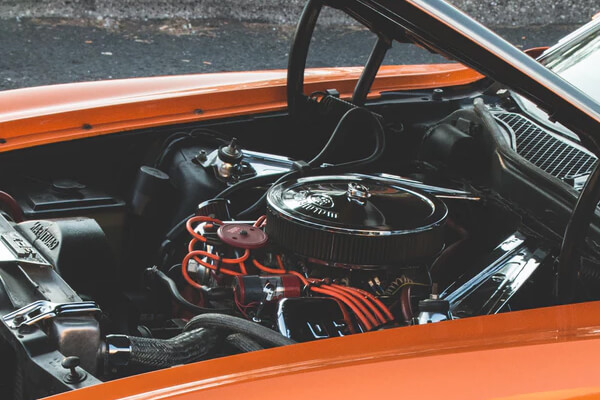
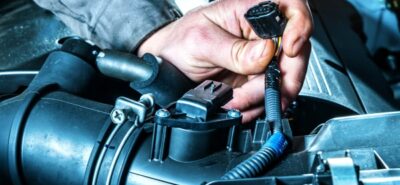
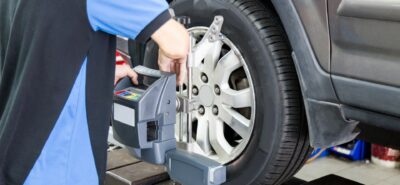
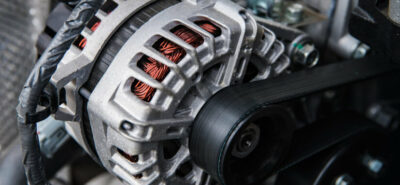

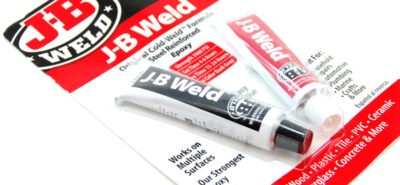

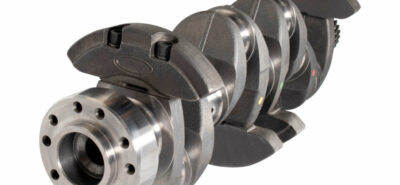
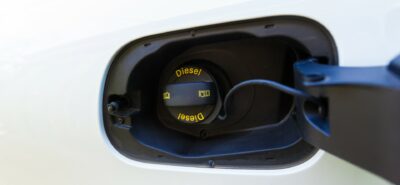

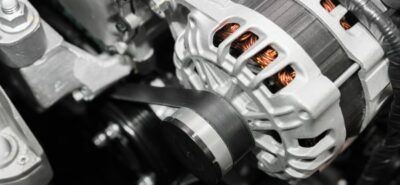
Leave a Reply